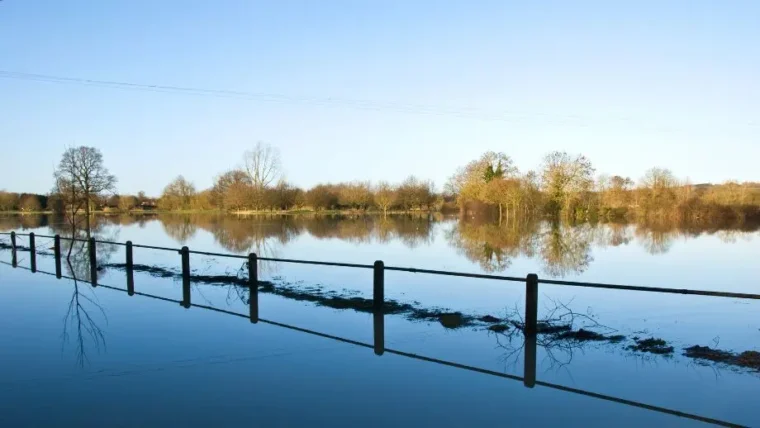Reducing Plastic Waste – Why is it important?
18 May 2018
Plastic waste is fast becoming a widely recognised problem. While it is an important material for our economy, providing multiple benefits to modern day living, plastic can take thousands of years to biodegrade. It takes up valuable space in landfill sites and is polluting the natural environment, having a significant impact on our oceans.
‘By 2050 there will be a tonne of plastic for every tonne of fish.’ (Recycling technologies)
In this series of blogs, we will look at why reducing plastic waste is crucial, and the ways in which this can be achieved in both personal and professional environments. We will also look at the producer obligations for packaging waste and how this contributes to the ‘EU’s action plan for the Circular Economy’.
Why do we need to reduce plastic waste?
Plastic is everywhere. It is strong, light, cheap and very versatile. The majority of plastic waste does not get reused or recycled and experts believe that 50% of plastic is single-use, meaning it is used once before being discarded. Single-use plastic includes plastic water bottles, plastic packaging, plastic grocery bags etc.
Most types of plastic are in fact recyclable, but most municipal governments do not have the infrastructure in place to carry out this energy-intensive process. Recycling plastic not only requires large amounts of energy but also uses large quantities of water.
While getting rid of plastic waste is the primary environmental problem, the production process is a leading cause of carbon emissions contributing to global warming. It takes a lot of energy and resources to make plastic, with more than 90% being produced from fossil fuel resources. Experts believe that if current trends continue, in 30 years’ time 20% of global oil consumption and 15% of global carbon emissions will be associated with plastic production. Creating bottled water takes 2000 times the energy than it does to produce tap water! (Wonderopolis).
Reducing plastic and the circular economy
Creating a ‘circular economy’ is based on the notion of maintaining the value of products, materials and resources within the economy for as long as possible, consequently minimising the generation of waste which is produced. This concept helps to shape an essential part of the EU’s plans to develop a sustainable and more resource efficient economy, with plastics forming one of the top five priority areas to be addressed.
While it is likely to be impossible to eliminate plastic completely from our lives, there are steps which can be taken to help reduce the amount which we are using. In the next blog, we will discuss different measures that can be introduced to help to reduce plastic waste.
Can you think of ways in which you or your business could reduce plastic waste?









